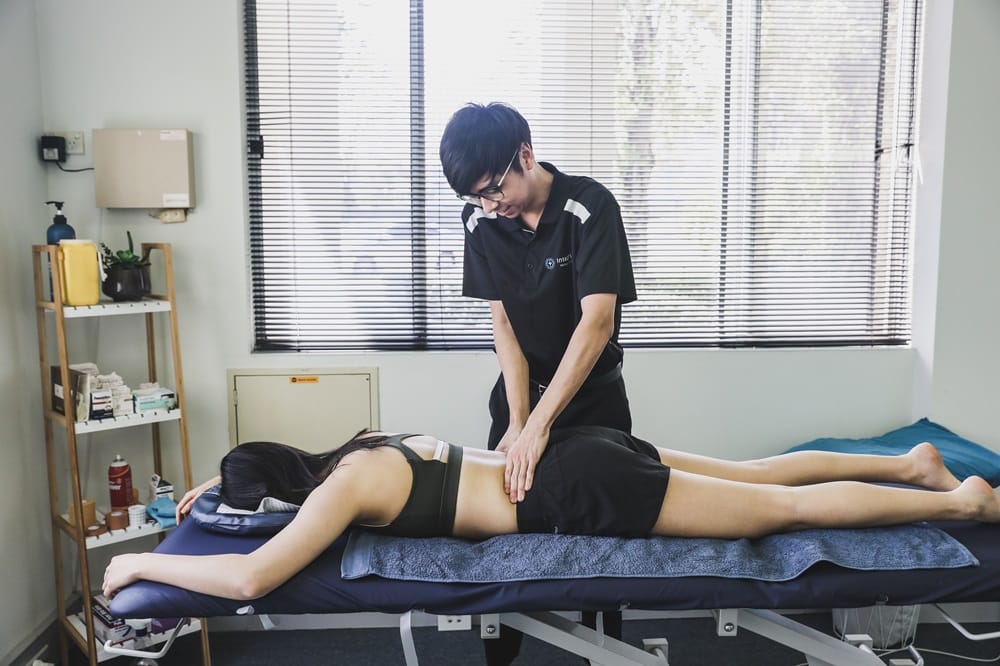
Back pain can be a debilitating condition for many people. However, it is most often not structural in nature, and can be managed effectively with physiotherapy. Your spine is a complex structure that forms bony foundation of your back and allows for a wide range of movement. However, due to its complexity, there are many reasons that you may be experiencing back pain.
What Causes Back Pain?
As mentioned above, your back is complex, and as a result there are a wide range of causes for back pain. Some of the most common causes include:
- Stress
- Overuse
- Poor posture
- Muscle weakness
- Muscle strains
- Nerve irritation
- Disc injury
Often back pain is caused by stiffness or irritation of the joints, bones, muscles or ligaments. Other causes of back pain include osteoporosis and inflammatory types of arthritis, such as rheumatoid arthritis. Sometimes back pain is caused by referred pain from another location. There are also less common causes of back pain, including infections and cancer.
Treating Back Pain
Before beginning any treatment for your back pain, it is essential that you obtain a proper diagnosis from a professional, such as your physiotherapist. This is an important first step to ensure that you receive the correct treatment plan for your back pain and rule out any serious causes.
Once you have received the correct diagnosis your physiotherapist will begin a treatment plan that is specific to your requirements. Physio for back pain is focused on restoring normal function to your joints, reducing muscle tension and increasing your muscle strength. These strategies help to reduce pain, decrease any nerve irritation and improve your overall back movement and flexibility. Your treatment may include techniques such as:
- Mobilisation
- Strengthening exercises
- Stretching exercises
- Massage
- Clinical Pilates
- Dry needling
- Core stability advice
Core Stability
Core stability is a common technique used to reduce back pain, and can be an important prevention skill to learn for some people. Strengthening your core muscles increase support for your back, and may help with overcoming back pain and avoiding a recurrence. Core stability exercises are specifically tailored to individual needs and prescribed by an experienced physiotherapist.
Remaining Active
One major risk factor when it comes to back pain and injuries is a sedentary lifestyle. Remaining active helps to keep your back muscles strong and flexible. This not only helps you to recover from back pain, it also helps to reduce the risk of any future back injuries.
Posture At Work
Poor posture is a very common cause of back pain, as well as other painful conditions. Prolonged sitting, heavy lifting or working in a bent forward position are all factors which can lead to back problems. By ensuring you have the correct posture and technique while working, you can reduce the risk of back problems. Your physio can teach you about correct posture specific to you and correct lifting techniques to reduce the risk of back pain.
Tips to take care of your back:
- Avoid prolonged sitting, take breaks
- Remain active
- Maintain the right posture for your body type, ask your physio
- Use the sensible lifting techniques
- Contact your physio for advice




